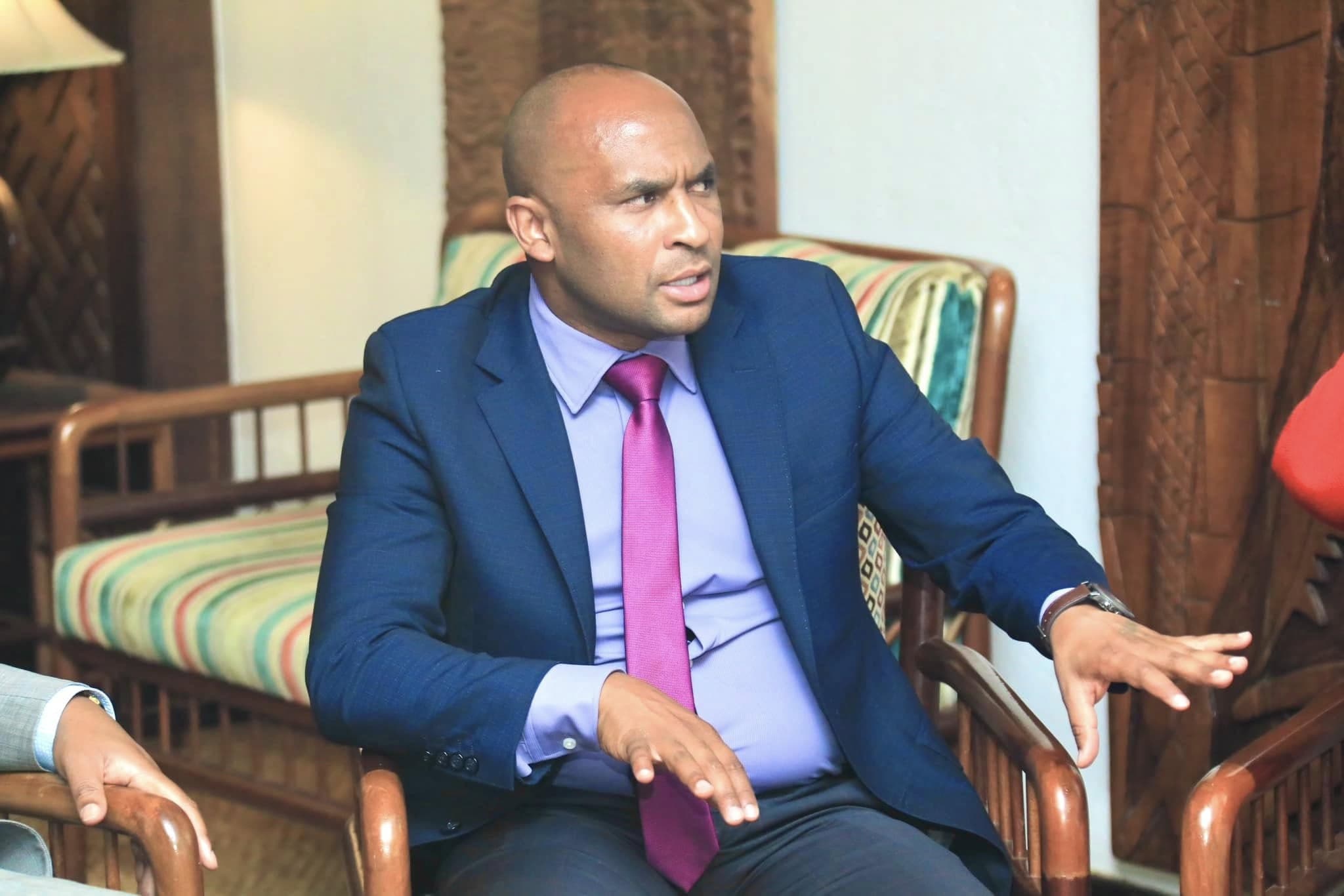We're loading the full news article for you. This includes the article content, images, author information, and related articles.
A legislative proposal to mandate academic qualifications for Kenyan social media influencers discussing professional topics has ignited a national conversation on misinformation, economic realities, and the limits of online expression.

A proposal to introduce a new law compelling Kenyan social media influencers to hold university degrees and gain recognition from professional bodies before discussing specialized subjects has triggered a fierce debate, pitting the need to curb misinformation against fundamental constitutional rights. Nyaribari Chache Member of Parliament, Zaheer Jhanda, on Tuesday, October 28, 2025, announced his intention to sponsor a bill that would significantly regulate Kenya's burgeoning creator economy.
In a statement posted on his social media, the UDA legislator argued that the law is necessary to protect the public from a rising tide of unqualified online commentary. "We cannot have a Country Where Everyone is An Expert," Jhanda stated, warning that "Misinformation and Disinformation Will Become a Crisis Soon in Kenya." The proposed legislation would require individuals speaking on topics such as law, finance, or health to be certified by professional bodies like the Law Society of Kenya (LSK), the Institute of Certified Public Accountants of Kenya (ICPAK), and the Kenya Medical Practitioners and Dentists Council.
The MP cited China's recent stringent regulations on its digital content creators as his inspiration, a comparison that has drawn sharp criticism from digital rights advocates who warn of the potential for censorship and the suppression of dissent. China's model, enforced by the Cyberspace Administration of China (CAC) from around October 25, 2025, requires influencers to verify their credentials before discussing sensitive topics and holds social media platforms legally responsible for compliance.
Critics were quick to challenge the proposal's constitutionality and practicality. Many view the move as an attack on the freedom of expression guaranteed under Article 33 of the Kenyan Constitution. Opponents argue that the bill could be misused to silence dissent, particularly from young, self-taught professionals who have built careers online without formal degrees. The debate comes in the wake of recent controversial amendments to the Computer Misuse and Cybercrimes Act, 2024, which already grant the government sweeping powers to order the removal of online content and have been challenged in court. Legal experts caution that while the government's stated aim is to fight online crime, vague definitions of offences like 'cyber harassment' could be used to target legitimate criticism and satire.
The proposal has also been described as hypocritical, with commentators pointing out the government's failure to adequately fund higher education. The Higher Education Loans Board (HELB) faces a significant funding shortfall, leaving thousands of students without support, a reality that sits uncomfortably with a proposal to make degrees a prerequisite for public discourse.
The influencer marketing industry in Kenya has grown exponentially, becoming a vital source of income for many young people and a key pillar of the digital economy. Content creators have expressed dismay at the proposal, viewing it as disconnected from the realities of the creative sector where expertise is often built through experience and research rather than formal education. Cybersecurity expert Bright Gameli noted, "There are more experts out there more knowledgeable than some degree holders... Some influencers do better research than PhD holders I know."
The professional bodies named by Jhanda—including the LSK, ICPAK, and the medical council—have been cited as the intended gatekeepers in this new framework. However, as of Wednesday, October 29, 2025, none of these organizations had issued a formal public statement responding to the MP's proposal. FURTHER INVESTIGATION REQUIRED.
The Media Council of Kenya (MCK), which is mandated to regulate media conduct and discipline journalists, has previously acknowledged the growing role of independent content creators and has been exploring extending accreditation to them to uphold professional standards. This new legislative push, however, moves beyond accreditation towards a more restrictive, qualification-based system.
While MP Jhanda points to China, an authoritarian state, as a model, the approach to influencer regulation in more democratic African nations offers a different perspective. In countries like Nigeria and South Africa, the debate also revolves around balancing free speech with the need to combat hate speech and misinformation, but discussions often focus on self-regulation, media literacy, and enforcing existing laws against fraud and defamation rather than imposing academic entry barriers. Should Kenya proceed with this bill, it would represent one of the most stringent attempts to regulate the creator economy in Africa, potentially setting a precedent for the region. The bill has not yet been formally tabled in Parliament, and details on its specific definitions and enforcement mechanisms remain unclear. As the debate unfolds, it will test the balance between protecting the public from harmful content and upholding the democratic principles of free expression that are central to Kenya's growing digital society.
Keep the conversation in one place—threads here stay linked to the story and in the forums.
Sign in to start a discussion
Start a conversation about this story and keep it linked here.
Other hot threads
E-sports and Gaming Community in Kenya
Active 9 months ago
The Role of Technology in Modern Agriculture (AgriTech)
Active 9 months ago
Popular Recreational Activities Across Counties
Active 9 months ago
Investing in Youth Sports Development Programs
Active 9 months ago